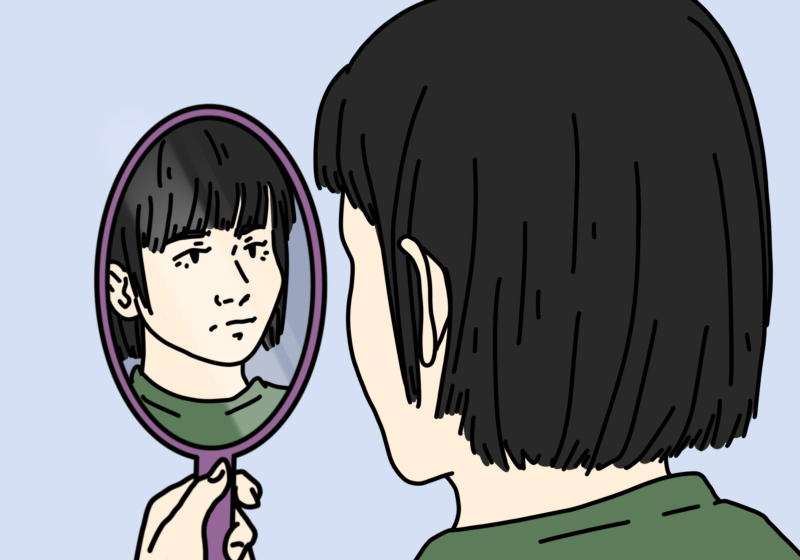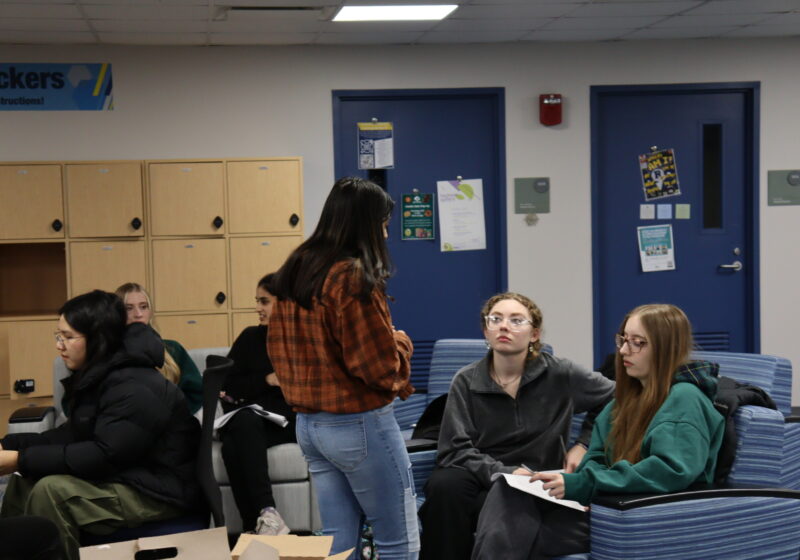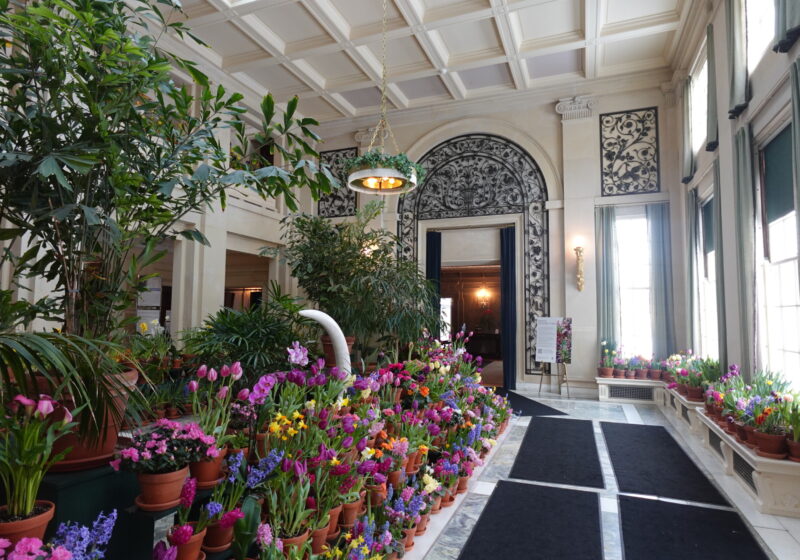If you could visit your first-year self — whether that was a few months ago, or a few years — would you recognize each other?
I think you’d struggle to find someone who hasn’t changed immensely over the past few years, whether it was a product of lockdown, starting college, or simply growing older. And sometimes, during late nights of procrastination or during your horrifically boring 9 a.m. lecture, I’m sure your mind has wandered back to your past self, that old you, that version of yourself you can’t quite believe is the same you who’s reading this. I know that when my mind drifts backwards, there’s a tight coil of emotion that forms somewhere in my chest. It’s nostalgia, it’s sadness, it’s pride, it’s shame; it’s a feeling like being pulled in two directions, or five, or 10. It’s a feeling born from one of the harder truths of life — that change is inevitable, and that change involves loss.
To change is always to lose. It’s hard to think of yourself as a product of your past without imagining all the places that you shed pieces of yourself. 6-year-old me could draw and write and play without self-judgment, without an obligation to produce or be perfect. I mourn the loss of those qualities, of that innocence and simplicity. 14-year-old me was scared, confused, and struggling to understand herself. I am endlessly grateful that I outgrew her (and her music taste), and feel freed by her loss. We lose, and we gain, and we change.
It’s easy to think of the loss of our past selves as an erasure. Out with the old, in with the new. But it is not an equal exchange. When we move past who we used to be, we still carry the memory of what it was to be that person — what it was like to love or to hate them, what it was to understand life through their eyes. They live in our memories, encased in the folds of our brains like time capsules, embalmed and shelved for future reference. I can’t revert to my 14-year-old self, nor would I ever want to, but I can remember what it was like to not only be her, but to persevere as her. It’s something I wouldn’t want to be erased, even if my terrible haircut came with it.
Even easier than trying to erase the past is to hate it, or be ashamed of it. I know I downright cringe at what I genuinely used to think was cool. But I ask you to look back at yourself with kindness, to remember not just who you were but why you were, and to use this to help you move forward.
When I started college around six months ago, I thought I pretty much knew what I wanted in my life. Within two weeks, I had a handful of existential crises under my belt and an uncertainty that drove me crazy. I had somehow assumed that my career path was fate; I liked biology, so naturally I’d go pre-med and work my way to medical school. It was like someone had engraved the idea into my skull, and it’d just been there so long that I’d never bothered to question it. Never bothered to question if it was what I really wanted, or if it was just what I thought I should want.
Then, like someone had pulled me out from underwater and given me a much-needed slap in the face, I was left gasping for air. The reality of the work set in, and I was forced to question everything. I thought back to that 6-year-old me, thought back to the confidence with which she told everyone she wanted to be an artist when she grew up. I cringed at her for her simplicity, yet I loved her for it. I thought back to 14-year-old me, and how much she wanted someone to tell her exactly what she should be doing, and exactly how she should feel. I pitied her fear, yet I loved her for pulling through it.
I still don’t know what I want. Maybe I’ll find my way back to pre-med, and maybe I’ll drop out in a week to pursue abstract finger-painting. I really have no idea. But my past selves, what they’ve learned and done and experienced, are lined up somewhere behind me, helping guide me towards what will make me genuinely happy. I can learn from relinquishing them, I can learn from becoming who I am now, I can embrace the inevitable change I will endure as I figure myself out. We lose, and we gain, and we change, and it makes us all so incredibly, frustratingly human.






